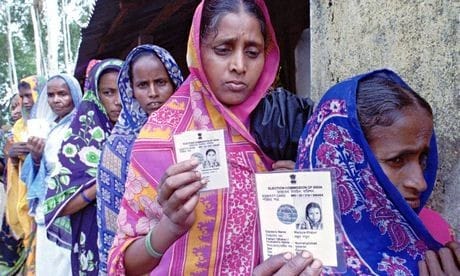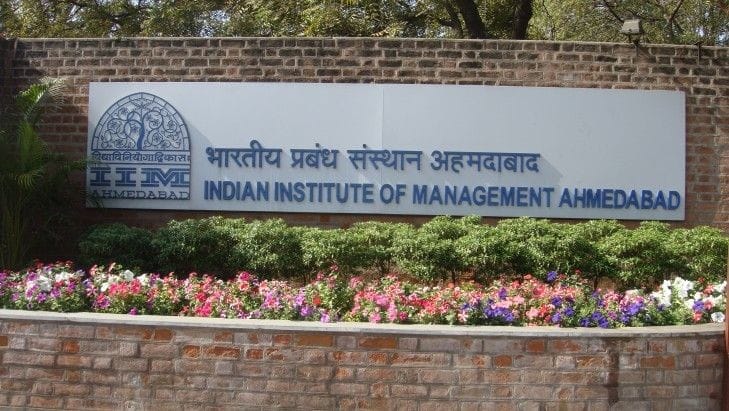India, being the world’s largest democracy, has a vibrant electoral system that plays a crucial role in shaping the country’s economic policies. Elections in India are conducted periodically, and the results often have a significant impact on the country’s economy. This article aims to provide an overview of the relationship between elections and the economy in India.
Elections in India:
India has a parliamentary system of government, which means that the Prime Minister is elected by members of the lower house of parliament, known as the Lok Sabha. Members of the Lok Sabha are elected through a complex electoral process that involves millions of voters across the country. The elections are held every five years, although they can be called earlier if the government loses a vote of confidence or if the Prime Minister calls for early elections.
Economic Impact of Elections:
Elections in India often have a significant impact on the country’s economy. During the election period, political parties tend to make promises and announce policies that are designed to win the support of voters. These policies can have a significant impact on the economy, as they may involve changes in tax policy, government spending, or trade policy.
One of the most significant economic impacts of elections is the uncertainty that they can create. During the election period, investors may become cautious and hold back on investments, as they wait to see how the election results will impact the economy. This uncertainty can lead to a slowdown in economic growth, as businesses may become hesitant to make long-term investments until the political situation becomes clearer.
On the other hand, elections can also create opportunities for economic growth. Political parties often make promises to invest in infrastructure, promote entrepreneurship, and create jobs, which can help to stimulate the economy. Additionally, a change in government can lead to a shift in economic policies, which can have a positive impact on the economy if the new policies are designed to promote growth and development.
Elections and Government Policies:
The outcome of elections in India can have a significant impact on government policies, including economic policies. When a new government comes to power, it may introduce new policies or make changes to existing policies. For example, a new government may increase spending on social programs or infrastructure, or it may introduce tax reforms to encourage investment.
The government’s economic policies can also be influenced by the political climate during an election period. For example, if the ruling party is facing a tough election, it may announce populist measures such as loan waivers or subsidies, which can have a short-term impact on the economy but may not be sustainable in the long run.
Conclusion:
In conclusion, elections in India have a significant impact on the country’s economy. During the election period, political parties make promises and announce policies that can shape the economy for years to come. While elections can create uncertainty and slow down economic growth, they can also create opportunities for growth and development. The outcome of elections can also influence government policies, including economic policies. It is, therefore, important for policymakers, investors, and businesses to keep a close eye on election developments and their potential impact on the economy.










